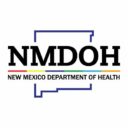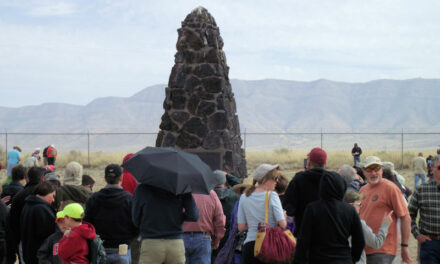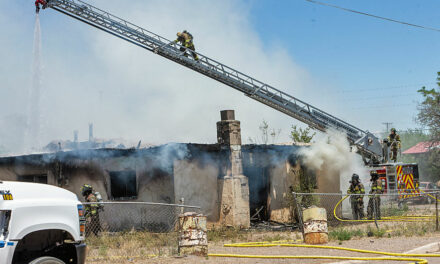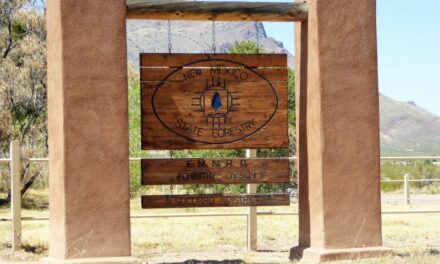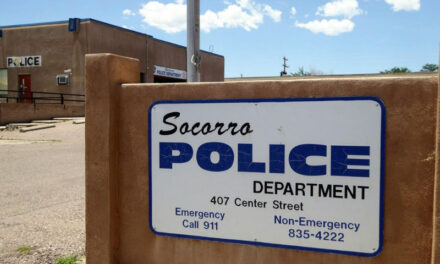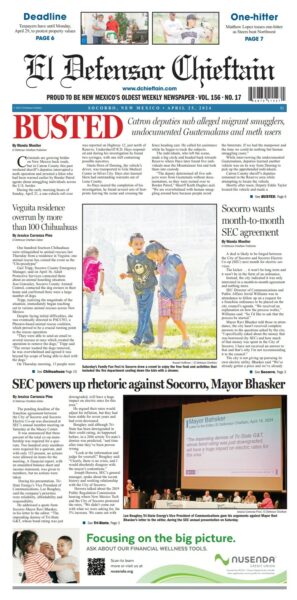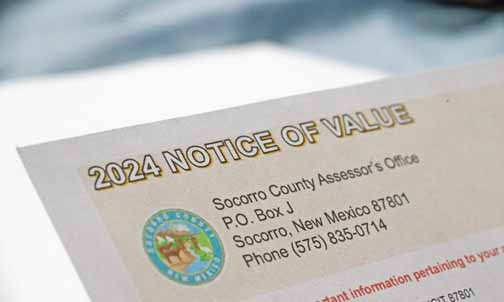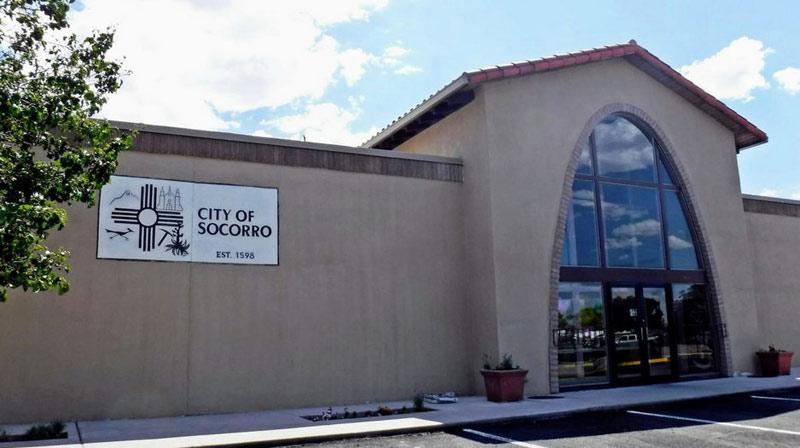The state of New Mexico ramped up the rollout of the monkeypox vaccine, just as the president’s health secretary declared the virus a national health emergency.
There are currently 10 confirmed monkeypox cases in the state and more than 6,600 throughout the country, according to the Centers for Disease Control and Prevention. New Mexico announced its first probable case on July 11.
Dr. Laura Parajón, the state’s deputy health secretary and acting epidemiologist, said the state has so far distributed about 250 vaccines.
“We currently don’t have a shortage, but I’m not saying we won’t,” she said. “Could we run into issues like other states? It’s possible. But … we only have 10 cases so far, so we are a little bit ahead of the game.”
All the cases in New Mexico were linked to out-of-state travel.
“Thus far, we’re not even at the point where the disease is actually spreading from one person to another within the state that we know about,” said Dr. David Scrase, acting health secretary.
The virus is in the same family as smallpox, but it doesn’t usually cause severe disease – there hasn’t been a death attributed to monkeypox in the U.S., according to the Health Department. The virus can cause painful lesions or sores and is spread through close physical contact, including sexual contact and direct skin-to-skin contact with a person who has monkeypox.
Parajón said it can be spread through prolonged face-to-face contact, but not casual conversation.
The virus is currently being spread primarily among men who have sex with men. But Health Department officials said anyone can contract the virus.
“Anybody can get monkeypox. But, right now, it’s in one group in particular,” Parajón said.
Health officials didn’t say exactly how someone would qualify as an at-risk individual and be eligible for a vaccine. Parajón said the state set up a call center to screen people interested in the vaccine, which is available only by appointment.
There have been concerns in some states that the vaccines have not been rolled out fast enough.
Rep. Melanie Stansbury, D-N.M., was one of several members of Congress who last month wrote to President Biden to encourage him to declare a national emergency, which was done Thursday. The lawmakers wrote that experts think the country will need millions more doses of vaccine than the Biden administration has already pledged.
“Bureaucratic delays should not prevent us from getting the vaccine doses we need now,” they wrote. “With every day that passes, the risk of wider community transmission and transmission among incarcerated populations increases.”
The lawmakers said there should be an interagency coordinator to oversee the vaccine rollout, as well as the public messaging behind the vaccine, particularly to combat stigma in the LGBTQ community.
“The history of the HIV/AIDS epidemic shows just how harmful stigmatization of any disease or groups of people can be to public health outcomes,” the letter states. “Likewise, false messages about monkeypox as a ‘gay disease’ will lead to under-testing and missed diagnoses.”
COVID-19
Meanwhile, it appears that the highly transmissible omicron subvariant has plateaued in the state, Scrase said Thursday. Cases and hospitalizations have leveled off, if not declined, in the past month, according to state epidemiology reports.
Nonetheless, the state is reporting deaths on a daily basis. On Thursday, 930 new cases and six more deaths were reported, pushing the total number of deaths to 8,273 since the start of the pandemic. There were 164 people with COVID hospitalized throughout the state.
Scrase said the deaths reported each day by the state are based on death certificates, so it takes time after the person dies until the death is reported.
About 90% of the time, COVID is listed as the leading cause of death on the death certificates, Scrase said. There have been several hundred natural deaths that were later linked to a positive COVID test within 30 days, and those are also included in the deaths, according to state epidemiology reports.
He said unvaccinated individuals continue to have far and away the worst outcomes. In a recent four-week period, those individuals accounted for about 33% of deaths and about 45% of hospitalizations.
That’s despite the fact that only about 25% of New Mexicans 18 and older, and just about 5% of New Mexicans older than 65 are unvaccinated.
“No one should die of the disease,” Scrase said. “The majority of people who have died from COVID were unvaccinated individuals, despite the fact that an overwhelming number of folks have been vaccinated.”
Monkeypox call center
Those who think they are at risk for monkeypox and are interested in a vaccine, call the Department of Health Call Center at 1-855-600-3453, Option 4 for a confidential consultation, to determine eligibility.
The center is open on weekdays from 7:30 a.m. to 7:30 p.m. and Saturday and Sunday from 10:30 a.m. to 3:30 p.m.
For questions about getting tested for monkeypox, call 505-827-0006.

